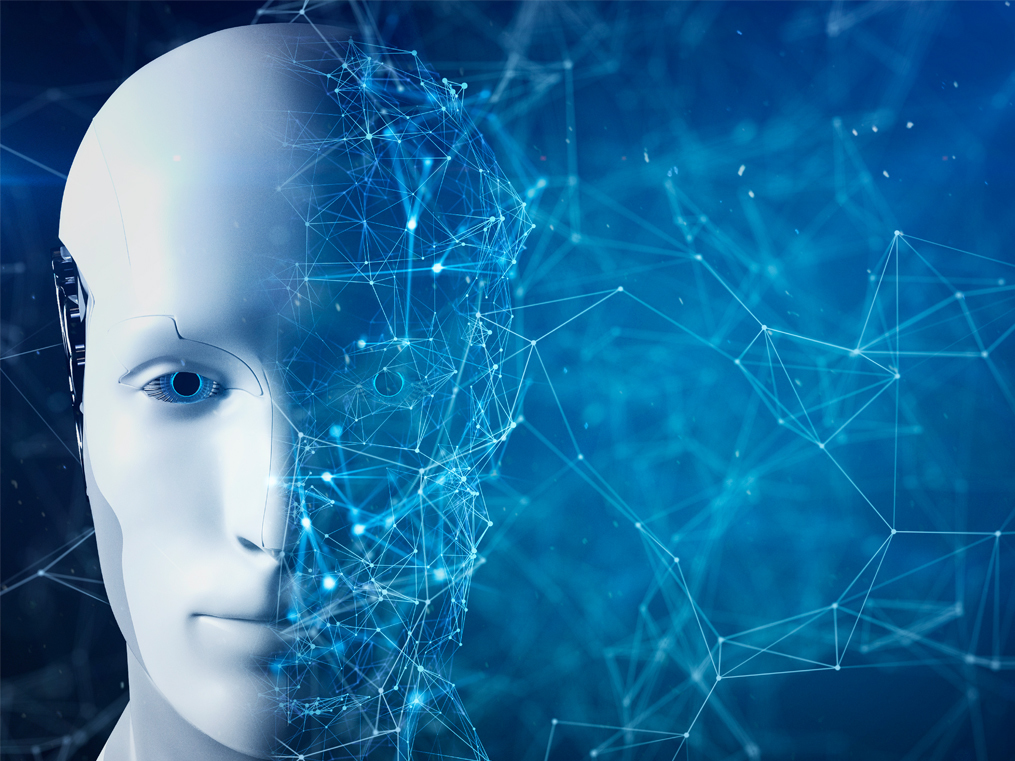AI and Ethics – Modern AI Algorithms
3AI March 20, 2023

Featured Article:
Author: Sameer Ranjan, CTO & Director – Data Science, Catenate
Ethics has always been subjective and quite often changed based on the philosophy of nations or their leaders. It is often related to principles of morality and the set of beliefs that a group of people follows. In the 21st century, the narrative around ethics has been debated a lot and there are some common standards and a very big patch of grey area where ethics can be compromised for business profits. The new development of Artificial Intelligence capabilities due to the increase in modern computational hardware not just changed the landscape of IT but also accelerated a lot of data intelligence development around the various industries. It is often said that there will be a day when we will be ruled by computers but we should be more concerned with what kind of information we will be fed and based on what kind of outcomes the situation will derive and this brings us to the right time to introduce – Ethics in AI.
We have seen multiple times in the past that every new technology is always hesitated by the adopters but with AI we have always seen lots of anticipation and disappointment in an application. We created smart applications in the past that defeated chess games and puzzles made some headlines and woosh, gone in the wind. But this all has been the game in the past, now we have advanced algorithms and process controls to mimic human efforts and much better, to replace human monotonic jobs with automated control systems. We have seen the power of AI with smart technologies like auto-control of weather in an enclosed environment, generating texts based on input conditions, smart manufacturing of goods, and ease of supply chain by route mapping and then predicting the best route with PERT. With things evolving so fast in the last few years we have just seen what Cambridge Analytica did with elections or memes with memory retention, these are all magic algorithms and finding actionable insights. But how do you find the fine line between what should be done and what needs to be done? And more importantly, how to do it knowing the logical difference between right and wrong. Because right and wrong can be very subjective, and often manipulated based on the profits part of the section is earning.
AI ethics is very broadly divided into three parts – Openness to share algorithms, peer reviews, and feedback systems.
Openness to share algorithms – Most of you might be surprised and question, why will anyone be willing to share their engine’s strength to perform a job that the rest of their competitors are trying to make better. But rightly so, sharing the algorithm architecture is very important to understand the placement of kill switches and how parameters are defined to give any output and then define the weights of outcomes in determining results. For example – if an AI system will tell whether you are suffering from a fever or not and if the answer is a Type II error, you will still have no life-threatening problem in your regular life then that AI system can still be in use but what if same AI system will predict your cancer and that can be a very life-threatening system so the algorithm needs to be tested and more so, shared with experts to get an estimate on how much wrong a system can be. Ethically it should be an obligation for any system to share algorithm architecture (not actual calculations) so that end users can understand what should be expected and what should not be expected from an AI system.
Peer Reviews – Usually we are very worried that people might copy our system but any algorithm that can manipulate a human mind should be reviewed by researchers so that we can try and shape new methodologies for better implementation of AI. For example, if an AI algorithm can feed your mind with just negative thoughts, the suicide rate might increase in a locale or any algorithm that can mess up the dopamine level of your mind and reflex, the human body can be exposed to multiple diseases that might not have been known to the people. Algorithms need to be reviewed and researched with proper guidelines to execute and know the limitations of their usage to prevent any harm to humankind in general.
Feedback System – This is one of the common systems that all developers use to understand where their algorithm is going wrong and then correct its course. But there has to be a feedback system in knowing risk mitigation, we can do whatever you want to prevent a bad situation but that situation might still occur, we need to build a system by which we can mitigate the risks and know how to hit that kill switch that can end the madness if ever anything exists like that. It has to be a part of the development framework and properly updated with time and versions.
Being said that, Ethical AI is a need of the hour and we need to start adding it to our system of development to help our own to safeguard the future.
Title picture: freepik.com





